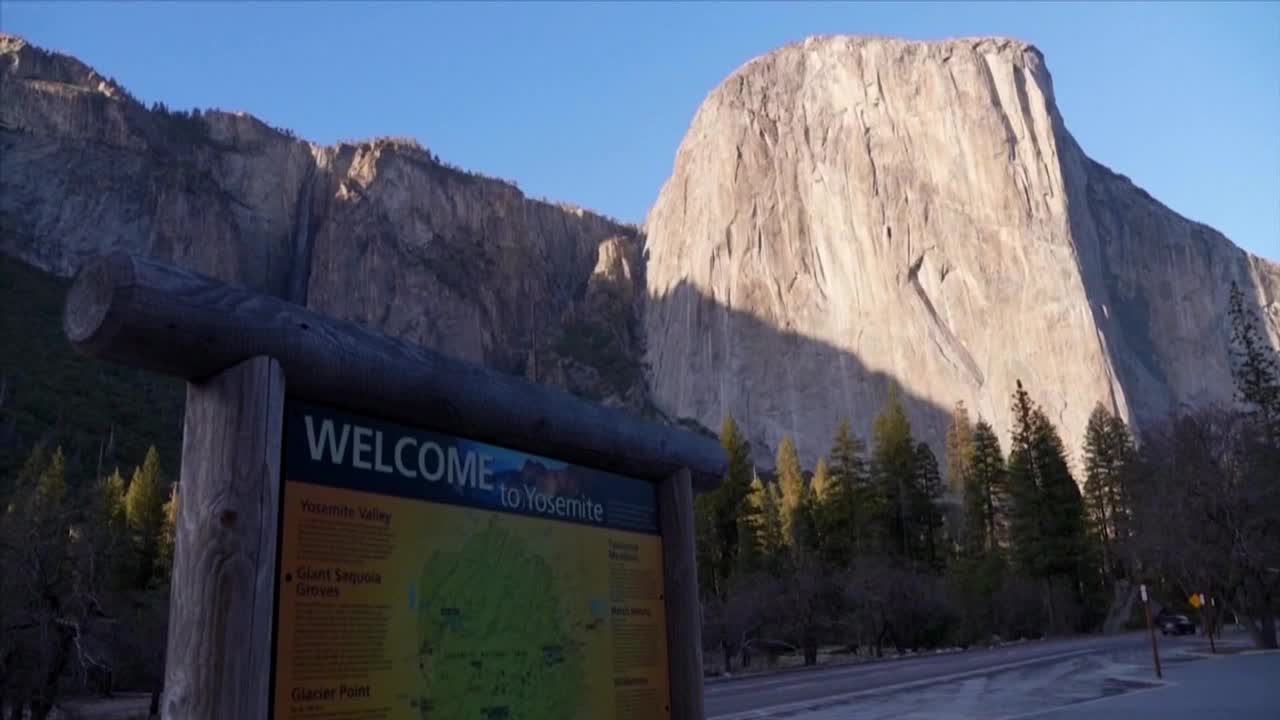DENVER — A new report from the National Parks Conservation Association (NPCA) claims parks staff are overwhelmed, facilities are deteriorating, and visitors don't have the services or protections they rely on.
According to the NPCA, the National Park Service has lost 24% of staff since President Donald Trump took office a second time, in part because 1,800 workers accepted buyout offers as part of the White House's effort to reduce the size of government.
The NPCA claims the Trump administration has lagged on its pledge to hire 8,000 seasonal staff, with just over half of those positions filled so far, which has left the parks dangerously short on rangers, maintenance crews and emergency responders.
The organization highlighted the following examples in its report:
- The fire management team is down to one person at Cumberland Island National Seashore in Georgia, limiting fire response efforts.
- Due to delays in contracts and seasonal hiring, Gateway National Recreation Area in New Jersey and New York reduced lifeguarded beach coverage.
- Zion National Park in Utah closed multiple fee stations, creating longer wait times at entry points.
- Multiple vacant permanent seasonal fee positions at Acadia National Park in Maine forced the park to reduce staffing at entrance stations and other fee collection points, resulting in longer wait times and reduced operating hours.
- Blue Ridge Parkway was forced to close its Rocky Knob Visitor Center in Virginia for the 2025 season due to staffing shortages.
- The Buffalo National River in Arkansas scaled back visitor services across the board with reduced hours at its entrance station and main visitor center. Ranger-led tours and school programming were also canceled.
- Visitor center and ranger station hours have been reduced at Denali National Park in Alaska.
- At times, entrance stations at Glacier National Park in Montana have gone unstaffed during normal hours, impacting recreation fee revenue that the park relies on to pay staff and visitor services.
Denver7 anchor Shannon Ogden reached out to NPCA, and Theresa Pierno, president and CEO, provided the following statement:
"Parks like Joshua Tree and Yosemite are struggling with search and rescue, law enforcement and even basic medical services, while some parks have no maintenance staff at all. Seasonal roads, trails and campgrounds like those at Sequoia & Kings Canyon remain closed due to unaddressed damage. And in remote parks like Cumberland Island, current hiring freezes are limiting the park’s ability to prepare for and respond to urgent needs.
“This crisis was both predictable and preventable. Gutting staff, freezing seasonal hiring, and pushing out experienced rangers was a recipe for disaster. NPCA has been sounding the alarm for months, and now we’re seeing the consequences of the administration’s reckless actions play out across the country. Parks are cutting hours, closing visitor centers and struggling to respond to emergencies simply because there aren’t enough staff."
Ogden also contacted the Interior Department, which runs the National Park Service, for a response to those claims and to a similar story that ran in the New York Times.. Aubrie Spady, deputy press secretary for the Interior Department, issued the following statement:
"Let's set the record straight - contrary to the erroneous claims made by the left-leaning, agenda-driven New York Times outlets who are peddling a false narrative, staffing levels and operations at our National Parks this summer are on par with previous years. Full Stop.
"The doom-and-gloom spin is not only misleading, but it is also to the detriment of the tremendous Park Service employees on the ground who are working hard to provide a world class experience to visitors. This false narrative also doesn't hold up with the millions of visitors who've experienced our parks firsthand this summer.
"This truth is, our parks are open, our mission is strong, and our workforce is delivering on all fronts to protect America’s natural treasures and provide safe, meaningful, and enriching experiences for the public."
Colorado is home to four national parks: Rocky Mountain National Park, Mesa Verde National Park, Black Canyon of the Gunnison National Park, and Great Sand Dunes National Park and Preserve.
Rocky Mountain National Park is among the most visited of the nation's 433 national parks.



